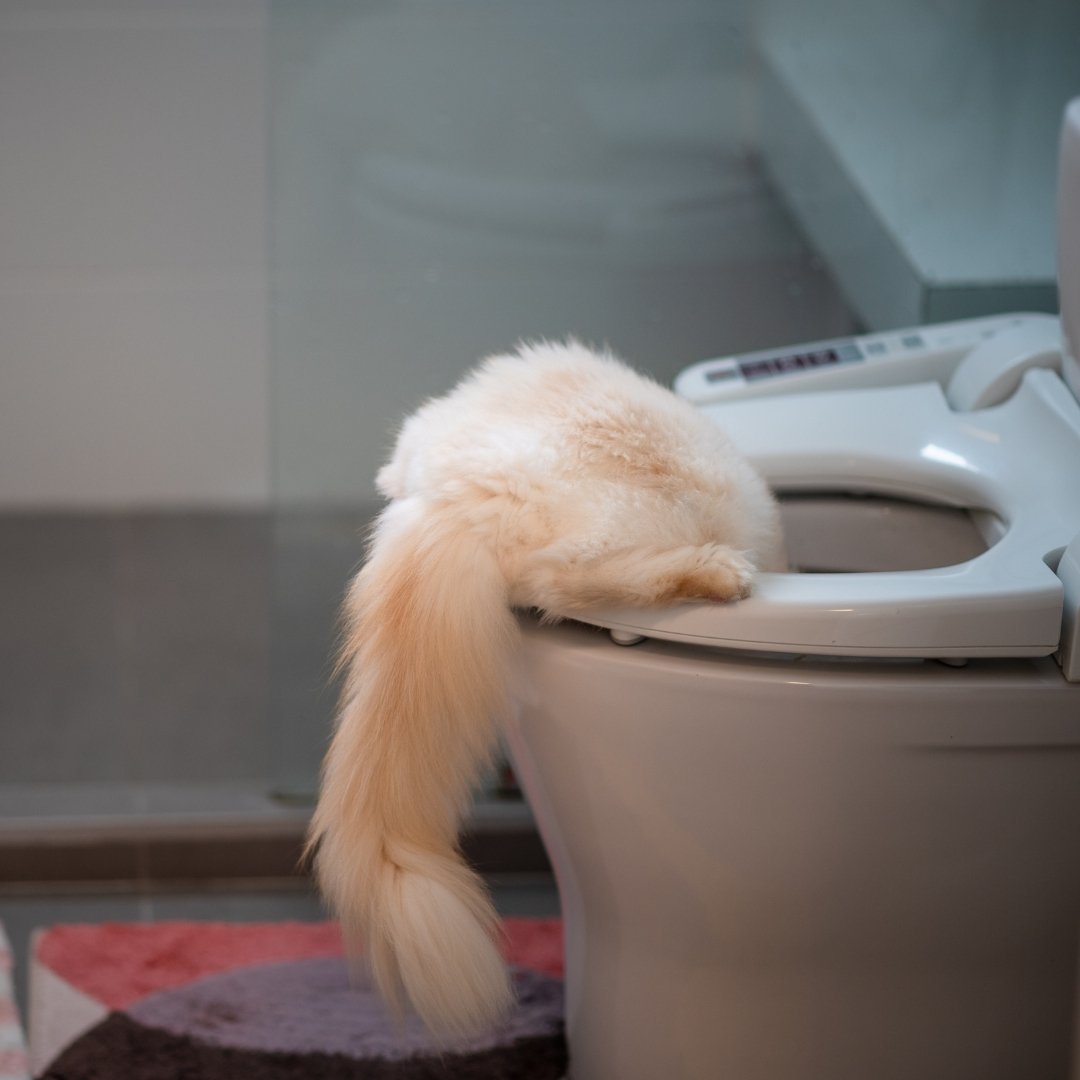Potential Risks of Flushing Cat Poop Down Your Toilet - Tips for Better Disposal
Potential Risks of Flushing Cat Poop Down Your Toilet - Tips for Better Disposal
Blog Article
This great article in the next paragraphs on the subject of Can You Flush Cat Poop Down The Toilet? is seriously compelling. Give it a go and make your own results.

Intro
As feline owners, it's essential to be mindful of just how we deal with our feline good friends' waste. While it might seem hassle-free to purge cat poop down the bathroom, this practice can have detrimental consequences for both the environment and human wellness.
Ecological Impact
Purging feline poop presents unsafe microorganisms and bloodsuckers right into the water system, posturing a considerable threat to aquatic ecosystems. These pollutants can adversely impact marine life and compromise water top quality.
Health and wellness Risks
In addition to ecological concerns, purging pet cat waste can also pose health dangers to people. Pet cat feces may contain Toxoplasma gondii, a bloodsucker that can cause toxoplasmosis-- a potentially serious ailment, particularly for expecting females and individuals with damaged body immune systems.
Alternatives to Flushing
Thankfully, there are more secure and more accountable ways to throw away feline poop. Take into consideration the complying with alternatives:
1. Scoop and Dispose in Trash
The most usual method of dealing with pet cat poop is to scoop it into a naturally degradable bag and toss it in the trash. Be sure to utilize a dedicated trash scoop and deal with the waste quickly.
2. Use Biodegradable Litter
Go with eco-friendly cat litter made from materials such as corn or wheat. These clutters are environmentally friendly and can be securely dealt with in the trash.
3. Hide in the Yard
If you have a yard, consider burying pet cat waste in a marked location away from veggie yards and water sources. Make sure to dig deep enough to stop contamination of groundwater.
4. Mount a Pet Waste Disposal System
Purchase a pet dog garbage disposal system particularly made for pet cat waste. These systems utilize enzymes to break down the waste, minimizing odor and environmental effect.
Verdict
Responsible animal ownership expands past supplying food and sanctuary-- it likewise includes proper waste monitoring. By refraining from purging cat poop down the bathroom and selecting alternate disposal approaches, we can decrease our ecological impact and safeguard human health and wellness.
Why You Should Never Flush Cat Poop Down the Toilet
A rose by any other name might smell as sweet, but not all poop is created equal. Toilets, and our sewage systems, are designed for human excrement, not animal waste. It might seem like it couldn’t hurt to toss cat feces into the loo, but it’s not a good idea to flush cat poop in the toilet.
First and foremost, assuming your cat uses a litter box, any waste is going to have litter on it. And even the smallest amount of litter can wreak havoc on plumbing.
Over time, small amounts build up, filling up your septic system. Most litter sold today is clumping; it is made from a type of clay that hardens when it gets wet. Ever tried to scrape old clumps from the bottom of a litter box? You know just how cement-hard it can get!
Now imagine just a small clump of that stuck in your pipes. A simple de-clogger like Drano isn’t going to cut it. And that means it’s going to cost you big time to fix it.
Parasitic Contamination
Believe it or not, your healthy kitty may be harboring a nasty parasite. Only cats excrete Toxoplasma in their feces. Yet it rarely causes serious health issues in the cats that are infected. Most people will be fine too if infected. Only pregnant women and people with compromised immune systems are at risk. (If you’ve ever heard how women who are expecting are excused from litter cleaning duty, Toxoplasma is why.)
But other animals may have a problem if infected with the parasite. And human water treatment systems aren’t designed to handle it. As a result, the systems don’t remove the parasite before discharging wastewater into local waterways. Fish, shellfish, and other marine life — otters in particular — are susceptible to toxoplasma. If exposed, most will end up with brain damage and many will die.
Depending on the species of fish, they may end up on someone’s fish hook and, ultimately on someone’s dinner plate. If that someone has a chronic illness, they’re at risk.
Skip the Toilet Training
We know there are folks out there who like to toilet train their cats. And we give them props, it takes a lot of work. But thanks to the toxoplasma, it’s not a good idea.

As a fervent person who reads on Don’t flush cat feces down the toilet, I thought sharing that piece of content was worth the trouble. Sharing is caring. Helping others is fun. Thank you for taking the time to read it.
Get A Free Quote Report this page